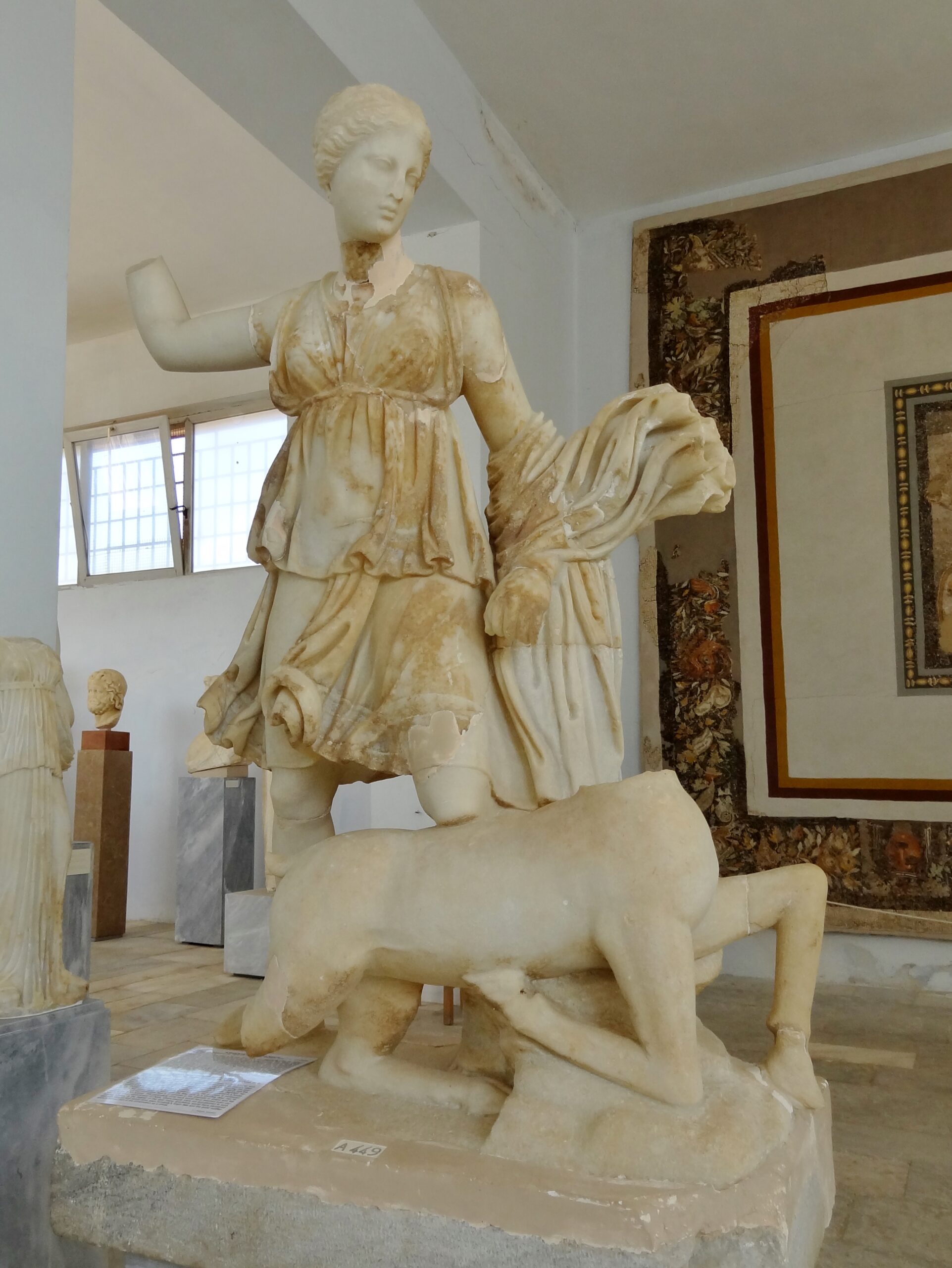Lorem ipsum dolor sit amet, consectetur adipiscing elit. Morbi eu nulla vehicula, sagittis tortor id, fermentum nunc. Donec gravida mi a condimentum rutrum. Praesent aliquet pellentesque nisi.


The ancient metropolis of Ephesus was one of the leading cities in the eastern Roman Empire. It was situated on land and water routes which were integral parts of the com- merce and travel of the Roman Empire!. Because Ephesus was the nexus between East and West, its population, economic prosperity, and physical boundaries were ever grow- ing?. It is quite easy to understand how its location on the Ionian coast made it a melting pot for a multitude of Graeco-Roman and Eastern religions. Since these ingredients of population, propitious location, and cosmopolitan atmosphere made Ephesus such a fertile field, a veritable hotbed, for the expansion of religions and cults, it comes as no surprise that Christian missionaries acted speedily and made Ephesus a major mission point at an carly date in the church’s hıstory?.
A Yıea ueydAr zul Evepyhs wasa phrase used by a Christian evangelist to describe the opportunities in Ephesus (l Cor. 16.9). The same evangelist, St. Paul, also admitted, however, that the activities of the Christians in Ephesus did not go unchallenged (] Cor.
15.32, 16.9b). The many idolatrous religions in Ephesus did not submissively watch the expansion of Christianity. Pagan cults were usually pluralistic and tolerant of other religions, but they would not forever brook teachers and missionaries who deprecated the gods and preached that idols were no gods at al. Some of the Ephesian cults could, quite understandably, offer a longer lasting and more forceful opposition to Christianity than others. Sometimes the resistance was in the form of overt attacks; at other times the resistance could be measured in terms of the influence and power a deity held over its devotes, i. e.